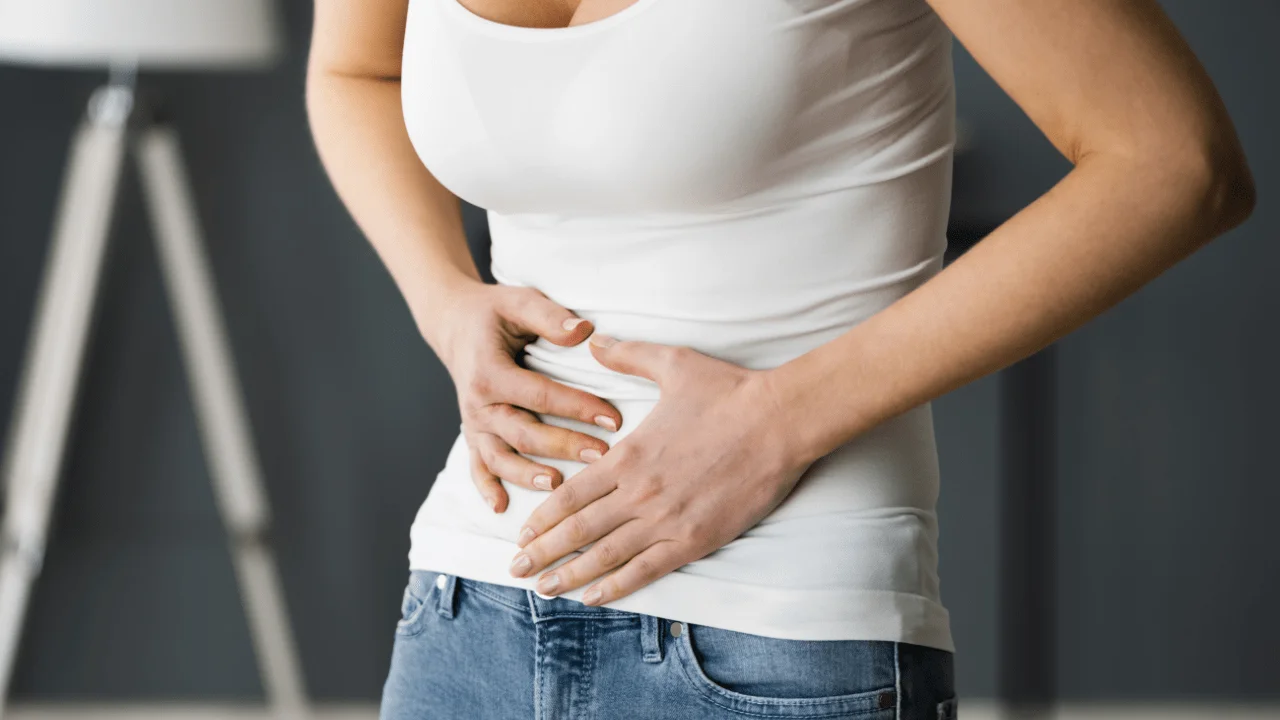
Postpartum bowel incontinence. You may have heard that pregnancy can cause urinary incontinence both during pregnancy and afterwards, but bowel incontinence is also common, especially for women who experience damage to their pelvic floor muscles or nerves during their vaginal delivery. The condition may cause symptoms like diarrhea, constipation, gas, and bloating. Most women say they get back to normal within a few months, but if not, always talk to your provider.
IN THIS ARTICLE
- Is it normal to have trouble controlling bowel movements or gas after giving birth?
- What causes bowel incontinence?
- How long will postpartum bowel incontinence last?
- Will postpartum bowel incontinence cause any long-term problems?
- Are there any bowel incontinence home remedies?
- Other ways to treat postpartum bowel incontinence
Is it normal to have trouble controlling bowel movements or gas after giving birth?
Yes, it’s quite common to have trouble controlling gas or bowel movements after vaginal delivery – a condition known as bowel incontinence, sometimes called anal incontinence or fecal incontinence. Researchers estimate that between 5 and 25 percent of women have this type of incontinence after a delivery.
What causes bowel incontinence?
Bowel incontinence can result from damage to the pelvic floor muscles or nerves (or both) during delivery, or from a tear or another injury to the anal sphincter.
For example, if you have an assisted vaginal delivery (especially with forceps) or an episiotomy, you’re more likely to have a vaginal tear severe enough to involve the anal sphincter. Serious tears also tend to happen if you have a big baby, you have an episiotomy, or if your baby arrives facing up (posterior delivery).
The main symptoms are diarrhea, constipation, gas, and bloating. With this condition, you may be unable to stop the urge to defecate and it can come on very suddenly. Because of that, bowel incontinence can be distressing, so it’s helpful to talk with your healthcare provider about ways to manage the condition.
How long will postpartum bowel incontinence last?
Most women regain control of their bowels within a few months of giving birth, as the area heals. Others may have – or develop – incontinence many years later. (Sometimes women develop anal incontinence unrelated to pregnancy as they age, especially after menopause.)
In other cases, your bowel incontinence may be chronic or recurring, especially if there’s nerve damage. That doesn’t mean it’s not treatable or it will never go away on its own – both of those options can happen. But it may take some time to address and treat.
Will postpartum bowel incontinence cause any long-term problems?
If your bowel incontinence persists for longer than a few months, there are some long-term issues that could become more prominent. The biggest may be emotional distress and it’s important to address that and realize it’s normal to feel frustration, embarrassment, and even shame because of this condition. But remember that you’re not alone – keep in mind that up to 25 percent of women who delivered vaginally may experience this issue post-delivery.
Other long-term problems may be hemorrhoids and skin irritation since the area around the anus is delicate and sensitive. That may lead to pain, itching, and sores that could require treatment.
Are there any bowel incontinence home remedies?
Research shows that exercising the muscles that support your bladder, uterus, and bowel (pelvic floor muscles) can prevent or even reverse bowel incontinence. So, your provider may recommend doing regular የ ኪጋል ልምምዶችን to strengthen your pelvic floor muscles. (Kegels can also be a big help if you have urinary incontinence.)
Practicing Kegels during your checkup so your provider can make sure you’re doing them correctly is a great way to get started.
Other ways to treat postpartum bowel incontinence
If Kegels don’t help, make an appointment with a pelvic rehab physical therapist. Many women with bowel incontinence, as well as those who have difficulty emptying their bowel, see improvement after pelvic floor therapy. In rare cases, you may need surgery to correct the problem.
In the meantime, you may want to wear special absorbent underwear (found in drugstores) to handle bowel leaks.
As with other major changes to your body during and after pregnancy, remember that it takes time to heal and adjust. Bowel incontinence may bring up unexpected feelings, especially embarrassment, but it’s a common result of the delivery process for many women.
Read more about


Add a Comment